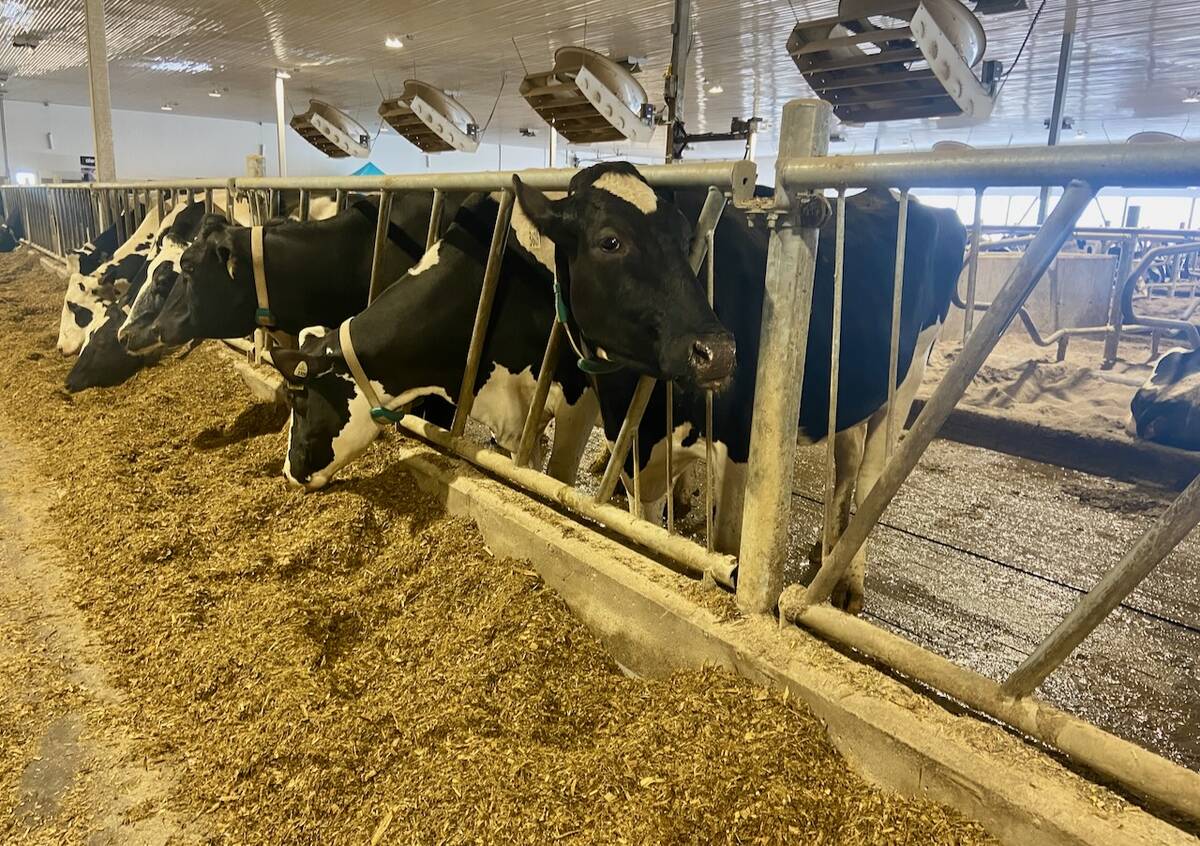RED DEER – Passing on the farm can be a touchy subject for some families, but the sooner a succession plan is made the better.
Each farm needs a personalized plan, said financial adviser Murray Pituley at the Western Dairy Seminar in Red Deer March 5.
“Get independent advice based on your circumstances. Get advice that is going to work for you.”
Work with an accountant familiar with tax laws, a lawyer and a financial planner. Explain what is wanted in plain language and leave the technical work to the advisers.
Read Also

U.S. farm group supports supply management
U.S. grassroots farm advocacy group pushing new agriculture legislation that would move towards supply management like Canada has for dairy industry
Open communication is needed with the family because if plans exclude people or make assumptions, squabbles result.
Ask family members what they expect, Pituley advised. Find out if all the children feel they are being treated fairly. Involve the spouses.
“You might think you know what the children want. You might be surprised,” he said.
If there is a child interested in taking over, decide if that person has the necessary skills and if not, determine whether the child can gain the skills.
Talk to the advisers, family and nonfamily members again once the plan is developed.
Also, don’t forget there may be some key employees who need to know what is going to happen because they may decide to leave, Pituley said.
Focus on retirement planning for the exiting owner. The owner may focus on leaving something to the child but not pay attention to whether he has enough cash to live on when retired.
“If you are taking a large salary out of your company, you might be well advised to set up something called an individual pension plan,” Pituley said.
“It allows you to put much more aside for your retirement than you can save through traditional means such as RRSPs.”
Besides a succession plan, have a will, a power of attorney and a health-care directive in the event that the owner becomes incapable of making decisions.
There should be a plan providing direction if one spouse dies. Most people leave the farm to the surviving spouse and then that person leaves it to the children.
If an inheritance is left through a trust, assets are protected in the case of divorce, bankruptcy or personal problems such as money lost in drugs, drinking or gambling.
With no family successor, the farm could be sold to outsiders. If the farm was incorporated, there are different tax implications. A corporation may sell its assets or the owner of the corporation might sell the shares, Pituley said.
If the farmer owns dairy quota, land or shares in a corporation or an interest in a farming partnership, those are assets that may qualify for a $750,000 capital gains exemption. Get professional advice because there are other assets that may not qualify for the exemption.
Plan to save taxes well before the farm is sold, Pituley said.
Farm transfers have certain tax rules so make sure advice is gained. A nonresident child may not qualify to inherit some assets.
Most importantly, none of these plans work if they are not implemented.
Do not procrastinate. Establish time frames for the completion of the various planning steps. Pituley also advised people to prepare contingency plans in case the business owner dies before the transfer. Decide what happens if the child dies, gets married or divorced, or becomes disabled. What if the executor of the will dies first?
Keep plans current and make changes as necessary because government budgets may change the rules, Pituley said.
The plan can start early in life depending on the circumstances of the operations, Pituley said. It should be applied in stages many years before retirement. The owner may set a goal to retire at a certain age or may prefer to slowly ease out of the operation.
“The dairy owner is often the biggest obstacle to succession planning. It is very difficult for some of these business owners to let go of the business,” said Pituley.















